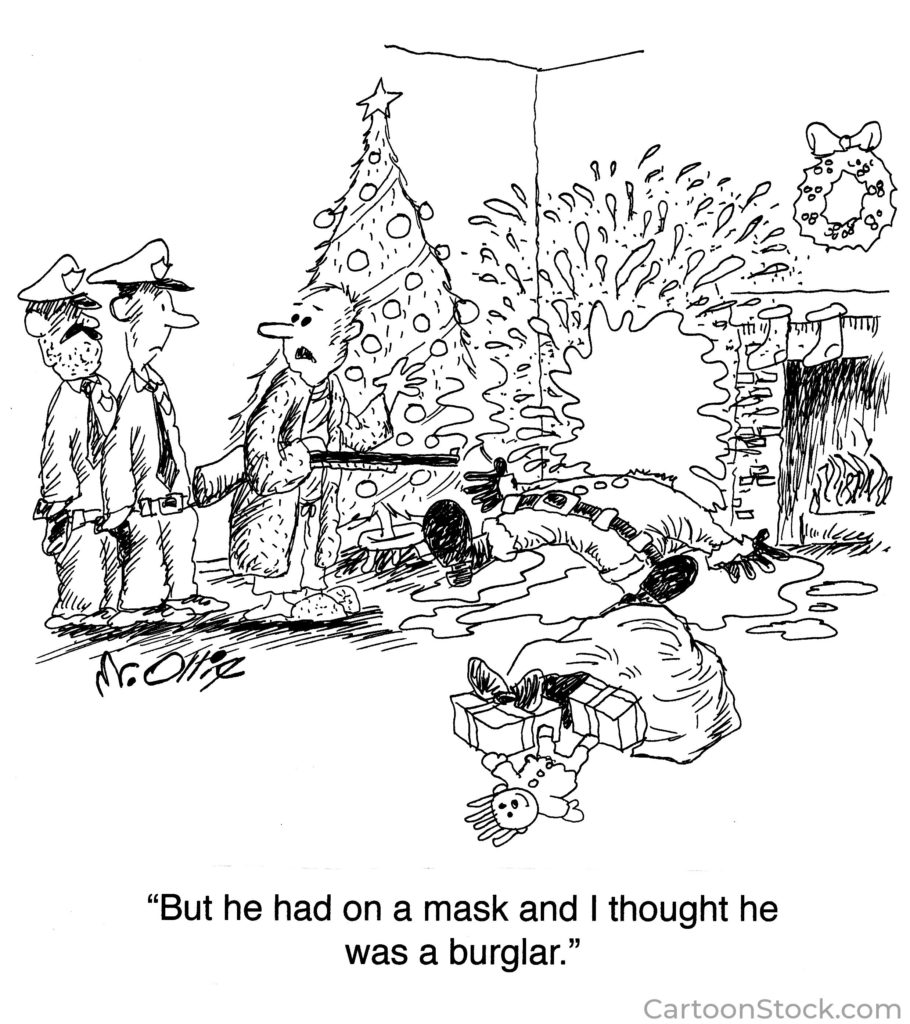Celeb Shot
If Laughter Is Healthy, Why Aren’t We All Okay?
Award-winning syndicated humor columnist Greg Schwem encourages organizations to confront differences in humor in order to find common ground between employees and promote laughter in the workplace.

Slowly but surely, employees are leaving home offices and returning to their BC (Before COVID) work environments. Some are glad to be back, surrounded by their peers, their city views and, of course, the free breakroom snacks. Others are headed back kicking and screaming, fearful that the days of working in sweatpants and turning off their webcams so they can grab a yogurt from the kitchen during Zoom calls are gone forever.
Despite varying opinions on in-person versus virtual worker productivity, one thing is certain: employees want jobs that are not only challenging and fulfilling, but also fun. The Great Resignation has left companies of all sizes scrambling for workers, who think nothing of leaving after three months if another company’s benefits include a free dog-washing station. How many corporate websites now include the phrase, “Yeah, we work hard but we PLAY HARDER?” Human Resource administrators are grappling with new terms like “employee retention,” “corporate wellness” and “positive mental health.” All three, it can be argued, are easily achievable if there is laughter in the office.
So why aren’t we laughing? As a 30 year comedy veteran, and one who has chosen to make the corporate world laugh at itself, that question puzzles me.
For those who say, “We just aren’t a funny company,” I respectfully disagree. Can you think of a company that IS funny? Even the organization that manufactures whoopee cushions or clown noses probably doesn’t have employees who laugh heartily throughout their eight-hour shifts — but those employees all have senses of humor and a need to exercise them.
I VEHEMENTLY disagree with the event planner or HR rep who says, “Now is not a good time for us to be laughing.” Say that sentence aloud and then consider the lunacy of it. Yes, the pandemic brought hardships on some companies, including layoffs, plunging stock prices and unused office space that still required monthly payments, but eliminating laughter because the mood is bleak is not the answer. I have been to several hilarious funerals, and I think the dearly departed would have been overjoyed knowing the mourners were laughing as opposed to weeping and wailing. When lockdown started to ease and companies began tiptoeing back into live events, one of my first speaking clients was the Selected Independent Funeral Homes. On the surface, not exactly a hilarious bunch. Yet the audience, which had spent the previous hour on an expo floor browsing the latest innovations in coffins and crematorium supplies, was more than willing to laugh at themselves, their industry, and the strange new environment we are living in. Or dying in. (Sorry, that was too easy).
The reason we aren’t laughing, in my opinion, is because we are spending all our time trying not to offend one another and, in the process, trying to answer the question, “When does humor become offensive?”
Plain and simple, there is no correct answer. Even Jerry Seinfeld doesn’t know, and he’s written thousands of jokes, and performed them all over the world.
I have heard company executives say they try to inject humor into meetings or Zoom calls by encouraging employees to post humorous memes. Sounds harmless, right? How about this one?

It made me laugh. Hard. But what about the employee with a relative who was a victim of gun violence? Funny? I doubt it. Offensive? Most likely.
So what should happen to the employee who posted it? Should he or she be disciplined, or worse, fired because a co-worker was offended? Many of us know of former co-workers who said, or posted, something they thought was funny only to be terminated when another employee disagreed.
Our inclination to sweep humor under the rug to avoid workplace conflict is what prompted me to create a new keynote, You Can’t Cancel Laughter. The best way for corporations to discover what their employees feel is funny versus offensive is to have open conversations about it. Some organizations have formed committees featuring at least one Caucasian, African-American, Asian, gay, straight, Gen X, Gen Y, Millennial, and Gen Z member. That’s a great start. But, as I remind audiences, that’s only half the solution. Now get that committee to discuss humor. Even better, form two or three person teams and ask that each team develop a skit, to be performed at the next committee meeting, about the company or some element of said company i.e. the new computer software, the new billing system, etc. The only requirement is that the presentation must incorporate humor. It doesn’t have to result in gut-busting laughs from the audience; it just has to be light-hearted. Doing so will force employees of different generations, ethnicities, and sexual orientations to discuss their own definitions of humor and, eventually, find something they all think is funny.
Even if it sounds like an oxymoron, it is imperative that companies have a “serious discussion about humor.” I look forward to assisting in that discussion. But more importantly, I look forward to making you laugh. Now, if you’re reading this at work, go wash your dog. Before he eats all the breakroom snacks.
Award-winning syndicated humor columnist for the Chicago Tribune, Greg Schwem brings clean, customized humor and 20-plus years of experience to corporate events, whether speaking live or virtually. As a business humor speaker and corporate emcee, Schwem’s clients have included Microsoft, McDonald’s, Southwest Airlines and even the CIA. During the pandemic, businesses in need of humor and motivation for their stressed-out workforces turned to Schwem and his uplifting virtual keynote, You Can’t Quarantine Laughter.
